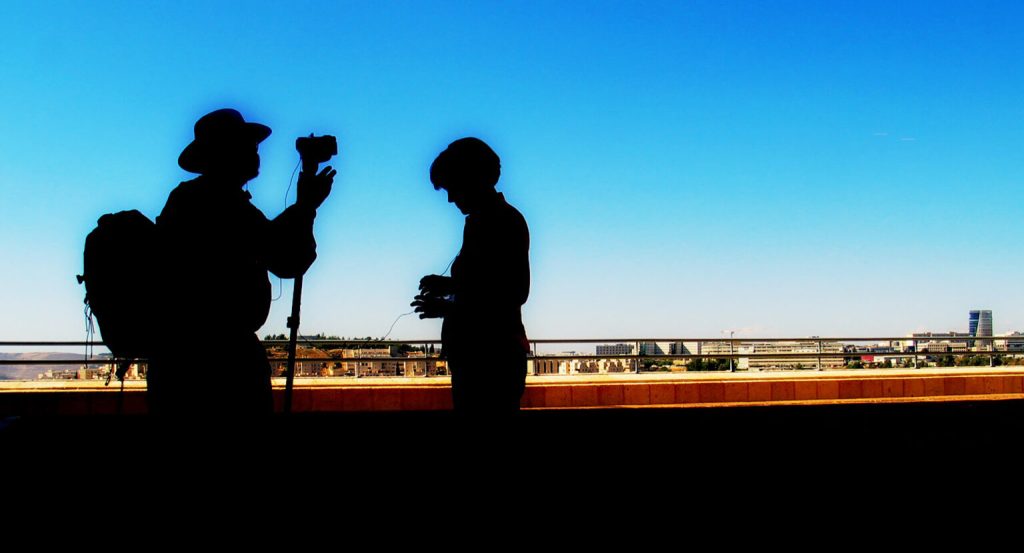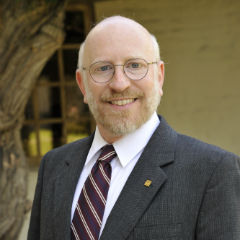
- This event has passed.
Physics & Engineering Physics Colloquium
Wednesday, November 16, 2022, 2:30 – 3:30 p.m.
Quamrul Haider, Ph.D., professor in the Department of Physics and Engineering Physics, will present, “Can We Keep Our Planet Inhabitable Until 2050?”
It is a very dicey time for our planet. In the last 100 years or so, because of our unrestrained use of fossil fuels and systematic over-exploitation of natural resources, we have pushed the planet toward climatological catastrophe. By polluting the air we breathe, contaminating the water we drink, and chemically altering the soil we till, we have changed the climate and the environment of our planet beyond measure.
Today, we are seemingly transitioning to a new geologic epoch, Holocene to Anthropocene, in which the climate is very different from the one our ancestors knew. We are staring at an ever-hotter climate, rising sea levels, melting glaciers, raging wildfires, frequent and ferocious storms, widespread droughts, accelerated species extinctions, crop failures, and tens of millions of climate refugees. Simply put, we dug ourselves into a deep hole, yet we have not stopped digging.
Without major action to reduce emissions, the global average temperature is on track to rise by 2.5 to 4.5°C by 2050. Will our planet remain inhabitable by then? Under the present circumstances, the state of our planet in 2050 seems frightening ― “more hostile and less fertile, more crowded, and less diverse.”



